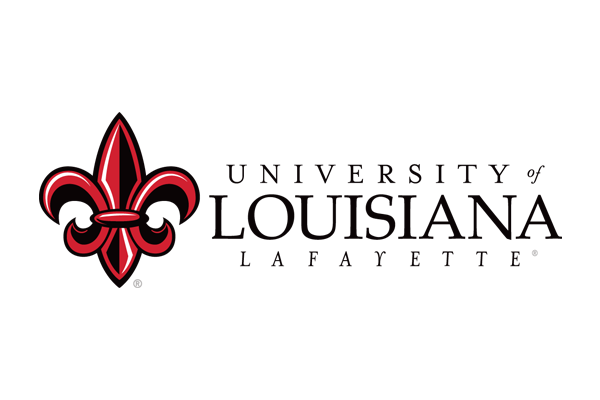The University of Louisiana at Lafayette’s enhanced policy on prohibited sexual conduct went into effect this week with the signature of UL Lafayette President Dr. E. Joseph Savoie.
The policy states that the University “is committed to fostering an environment in which all members of our campus community are safe, secure, and free from sexual misconduct of any form, including but not limited to sexual assault, dating violence, domestic violence and stalking.”
A University task force developed the policy revisions. It spent more than a year examining UL Lafayette’s previous policy, determining best practices, ensuring that the latest version meets all updated federal and state requirements, and obtaining feedback on drafts. University Council, composed of top administrators, approved the revised policy Nov. 23.
Related procedures, covered in a separate document, address how the University handles situations in which a student is accused of violating the policy on prohibited sexual conduct. The University’s Title IX Office will develop similar written procedures for employees and others accused of sexual misconduct.
Savoie asked Provost Dr. Jim Henderson to form the Title IX Task Force a week after the White House Task Force to Protect Students From Sexual Assault made its first report in April 2014. UL Lafayette’s task force includes students, faculty and staff.
Title IX of the Education Amendments of 1972 is a federal civil rights law that prohibits discrimination on the basis of gender in any education institution that receives federal funds. According to Title IX, discrimination on the basis of gender can cover sexual harassment, rape, and sexual assault.
Christine Brasher, Title IX coordinator and director of Operational Review at UL Lafayette, said the University already had solid procedures for reporting and responding to sexual misconduct allegations involving students. “We have strengthened the policy related to sexual misconduct. The revised version, for example, includes definitions of many terms, such as ‘consent,’ ‘dating violence’ and ‘stalking.’ It clarifies what behavior is prohibited and is intended to better inform the campus community about acceptable and unacceptable behavior,” she said.
Brasher and Megan Breaux, assistant director of Operational Review at the University, were members of the 12-person Title IX Task Force.
Breaux said the task force consulted the University of Louisiana System and the Louisiana Board of Regents, which crafted their own policies on sexual misconduct.
Like the previous policy, UL Lafayette’s revised policy prohibits consensual or nonconsensual sexual behavior between individuals in certain roles, such as a supervisor and an employee.
It also prohibits “retaliatory or intimidating conduct against any individual who has made an allegation of prohibited sexual conduct, or who has testified or assisted in any manner in an investigation pursuant to this policy.”
The policy “is applicable to and enforceable against all faculty, administrators, staff, students, individuals affiliated with the University by contract or otherwise (including, but not limited to, non-employees, such as vendors and independent contractors, volunteers, student organization advisors), and visitors.
“This policy applies to the entire University community, regardless of an individual’s sexual orientation or gender identity. This policy may include prohibited sexual conduct that has taken place on or off campus.”
UL Lafayette will conduct a campus climate survey intended to assess perceptions and behaviors related to sexual misconduct. That survey will be coordinated statewide by the Louisiana Board of Regents.
To review the University’s Policy on Prohibited Sexual Conduct, go to http://policies.louisiana.edu/titleix.
